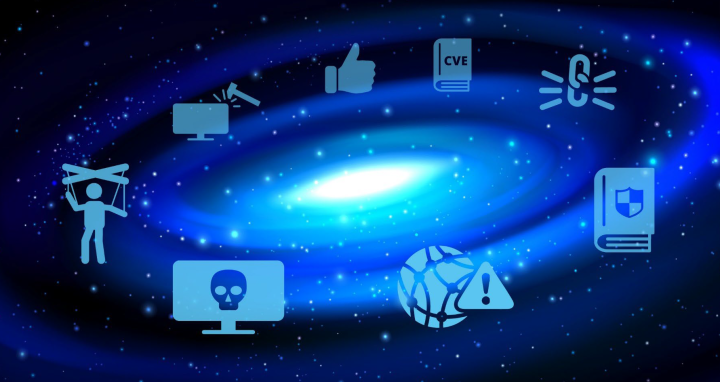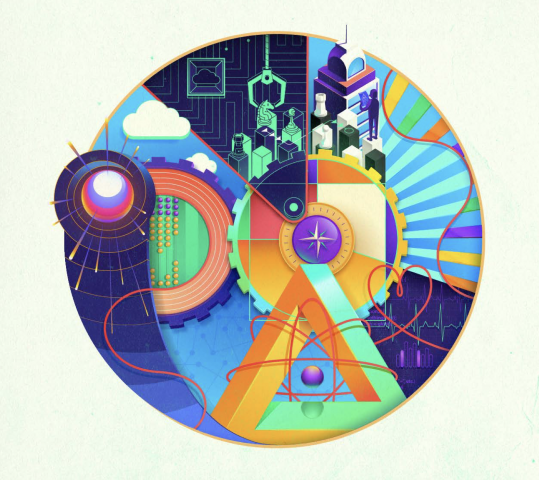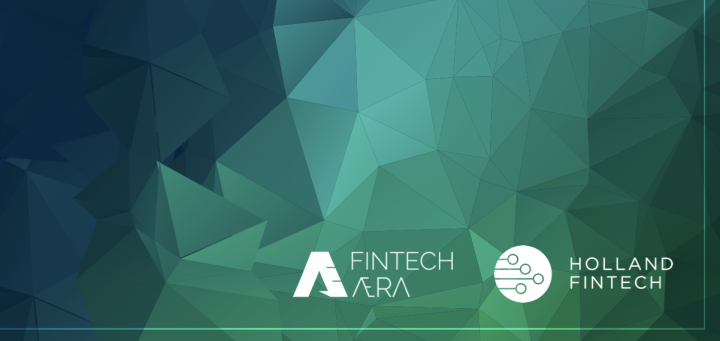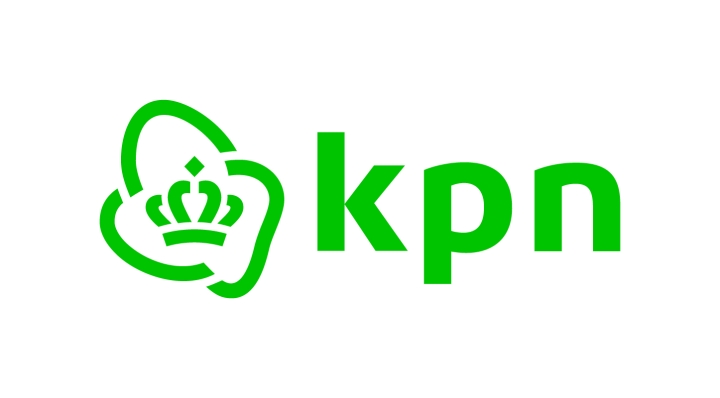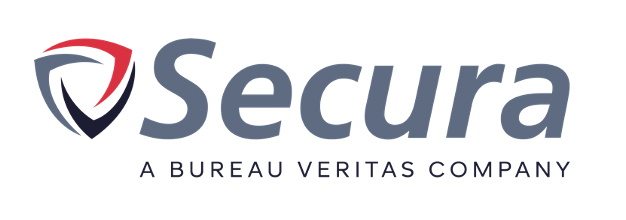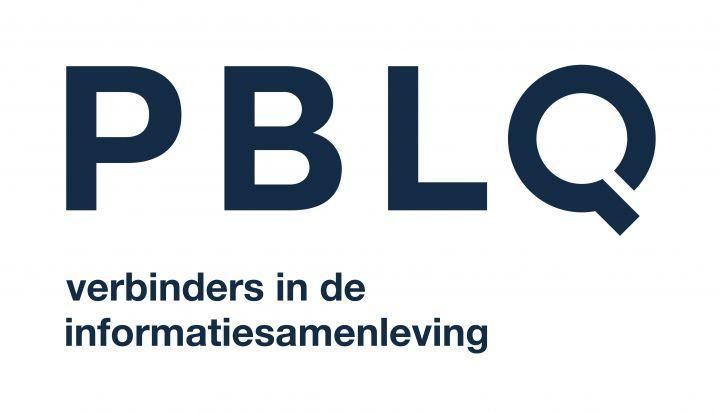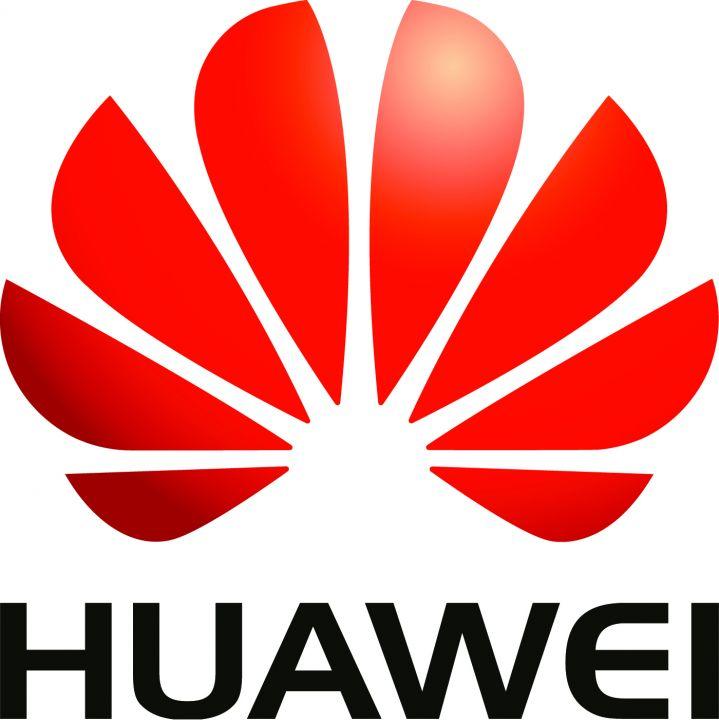Topic
Blockchain
A blockchain is a growing list of records, called blocks, that are linked using cryptography. Each block contains a cryptographic hash of the previous block, a timestamp and transaction data (generally represented as a Merkle tree or hash tree). By design, a blockchain is resistant to modification of its data. This is because once recorded, the data in any given block cannot be altered retroactively without alteration of all subsequent blocks.
For the use as a distributed ledger, a blockchain is typically managed by a peer-to-peer network that collectively adheres to a protocol for inter-node communication and validating new blocks. Although blockchain records are not unalterable, blockchains may be considered secure by design and exemplify a distributed computing system with high Byzantine fault tolerance. The blockchain has been described as "an open, distributed ledger that can record transactions between two parties efficiently and in a verifiable and permanent way" (Iansiti & Lakhani, 2017). Next to security, also there is no need for an independent authority to validate transactions (such as a notary) since anyone that has access to the blockchain checks its integrity. Uses of the blockchain technology include cryptocurrencies, deeds/acts of ownership, smart contracts (that can act automatically if conditions are met), lottery, automating production and logistic chains, etc.
Related Keywords: block chain, cryptocurrency, bitcoin, ethereum, crypto, mining
